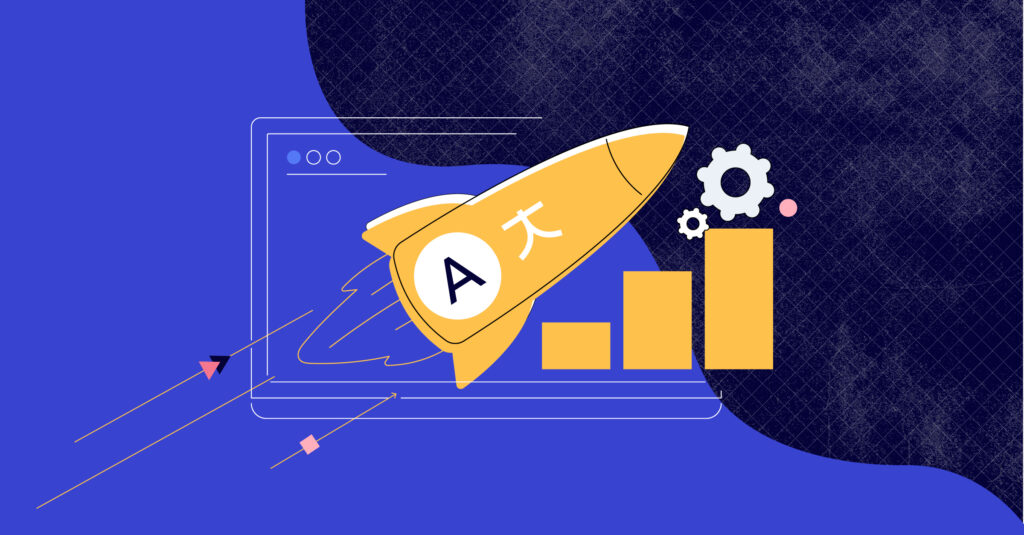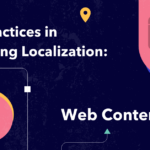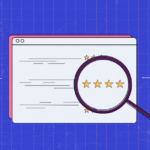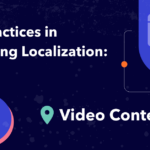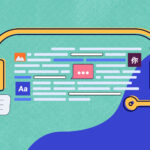When you launch a new product, you want to get it right. As any head of product development knows, quality can make all the difference in whether your offering stands out from the rest. But what is an equally important — and often overlooked — aspect of every product launch?
Speed.
Being first to market can significantly shift the trajectory for a successful product launch. In fact, a study by McKinsey and Company showed that products that hit the market six months behind schedule cost their companies 33% of potential profits over the next five years. In addition, recent data has shown that product delay announcements erode shareholder value by 12%.
Every product development team knows these facts, and yet Gartner research shows that only 55% of products launch on schedule. Why the disparity? There are many reasons product launches fall behind schedule, from research delays to problems in development. But one significant factor can easily be forgotten until launch day is far too close: translation.
Product translation plays a key role in ensuring a timely launch, as it touches on everything from marketing materials to product descriptions. Without artificial intelligence (AI) to power your translation efforts, you’ll inevitably run into late-stage bottlenecks. So, what can businesses do to combat this?
Navigating New Product Launches and Market Expansion
Product launches get slowed down for all sorts of reasons and this is especially true for global companies with broad market reach. A new consumer tech product with massive production volume may run into supply chain delays, as we saw with microchips in recent years. Or, it may face regulatory hurdles in one country that it doesn’t at home. A new retail product, meanwhile, may hit a snag when new market research reveals a shift in consumer interest. The list goes on.
As significant as these reasons are, product translation must not be ignored as a key factor in the launch timeline. Amid all the challenges of market research, functional testing, and development, it’s far too easy to forget about how much work is required to translate your product and all its related materials into several different languages.
Consider Mouser, a global electronics component distributor and Unbabel client. Despite being a leader in fast product launches in its native U.S. market, the company struggled to meet deadlines in its global target markets. Due to the hurdles of the translation process, product releases took four weeks, much longer than their timeline at home.
How AI Helps With Faster Product Translation
Like so many other global companies, Mouser consistently ran into difficulties achieving product translation quality in new markets. Every product launch brings not only the challenge of getting the product out the door but also providing all its supporting documentation, marketing, and sales materials in multiple languages.
Consider just a few of the translation questions you must consider as you tweak user experience for each target audience:
- Multilingual product education: Products don’t stand on their own. Your sales and customer support teams must be trained on how they work, and those teams may represent any number of languages, from English and Spanish to Japanese and Arabic.
- Multilingual product descriptions: Accurate, compelling descriptions are key for achieving sales success with a new product, and you can’t take translation for granted when conveying these critical details.
- Multilingual product materials: Products require packaging, user manuals, sales brochures, setup guides, and more. A single video game, for instance, may need user manuals in dozens of languages before launch day.
- Multilingual e-commerce: Finally, there’s the online sales component of every product launch. Your website may already exist in 12 languages, but now you have a whole new set of product pages to translate to ensure a smooth purchase process. Simply optimizing these pages for non-English searches is a tall task in itself.
Each of these components adds another layer to the complex process of every global product launch, increasing costs and delaying time to market if you’re not well prepared.
The Unbabel Product Launch Solution
Your products’ supporting materials must match the products themselves in terms of quality and user experience, and that can be a costly proposition. An in-house localization team with a range of native speakers and translators will quickly bloat your launch budget, and the time involved with such extensive human translation work will virtually ensure launch delays.
None of this has to be a concern for your product launches, though. With Unbabel, you get the speed of AI translation with the quality assurance of human editors. Our extensive language library and translation memory features support robust machine learning for unmatched translation speed, and our Quality Estimator flags any issues for review by expert human translators.
By leveraging our translation services, Mouser was able to increase speed to market from four weeks to one — and grow its global market share by 40%. Its website alone is available in 21 languages and 64 localized versions, and every new electronic component needs its pages translated into every version. With Unbabel’s recent acquisition of web localization specialist Bablic, Mouser will be even better positioned to optimize its site for search engine results in all these languages.
If you want to see a measurable increase in your speed to market, you need the power of machine translation with a human touch. Learn more about what this meant for Mouser in the recent webinar we hosted with its Director of Web Solutions, Matt Madera.
But don’t just take our word for it — see Unbabel in action with a free demo.
